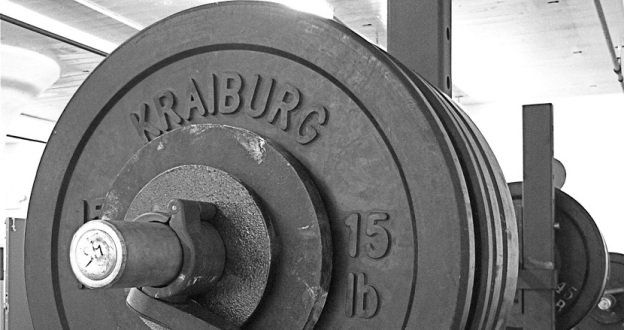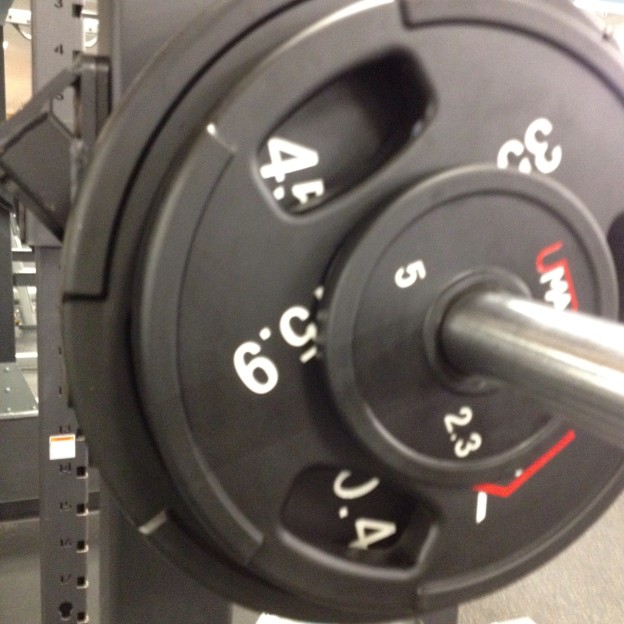I wrote in Part One about how I used the barbell back squat to get stronger and accelerate my recovery from my stroke. But a stroke typically affects one side of one’s entire body, at least from shoulder to foot. Obviously, more than the squat is needed for getting stronger.
But not much more. In fact, besides squatting on non-consecutive days, you can get as strong as you need with only three or four other lifts.
The program I recommend is the Starting Strength plan, though I got introduced to it through a slightly easier variant called Stronglifts.
Of course, general fitness recommendations and my personal experience in recovering from an ischemic stroke do not constitute medical advice. I have no medical training. Nevertheless, I have some opinions:
Getting Stronger Requires Whole Body Workouts
You will see a lot on the internet about “leg day” and “chest and triceps day.” Dividing up your workouts between different body parts, however, is not optimal for most people, including stroke survivors. You want your whole body to grow stronger with both sides working together.
So each day you lift, you always begin with a squat. A squat uses the largest amount of muscle mass and, thus, is excellent for getting stronger.
Then you alternate your other lifts. For workout “one” you follow the squat with a bench press.
The bench press probably utilizes less muscle mass than the other lifts. But it allows you to rest up for the next exercise, the deadlift.
The deadlift is as simple as picking a barbell off of the floor and standing up with it in your hands. Don’t let the simplicity fool you. Using most of the muscles in your body, it too is excellent for getting stronger.
So that gives you one day’s exercise routine. It is just made up of three lifts for three sets of five repetitions—squat, bench press, and deadlift.
So after at least one day of rest you come back for workout “two.” Once again you squat and then you do an overhead press.
Finally, according to the Starting Strength program, you perform a power clean. But the power clean is rather difficult to learn without a coach. That is why the Stronglifts program recommends a barbell row.
The barbell row (or Pendlay row) begins at 20:47
You could also do some other exercise like a cable pulldown or chin-up. Here are some suggestions.
If you prefer, you could do only two lifts—squats and overhead presses—and go home and rest. You will probably find that is enough for getting stronger.
And, as far as I can tell, getting stronger was the best thing I could do to recover from my stroke.


 Paul tells us to be joyful and thank the Lord in everything.
Paul tells us to be joyful and thank the Lord in everything.